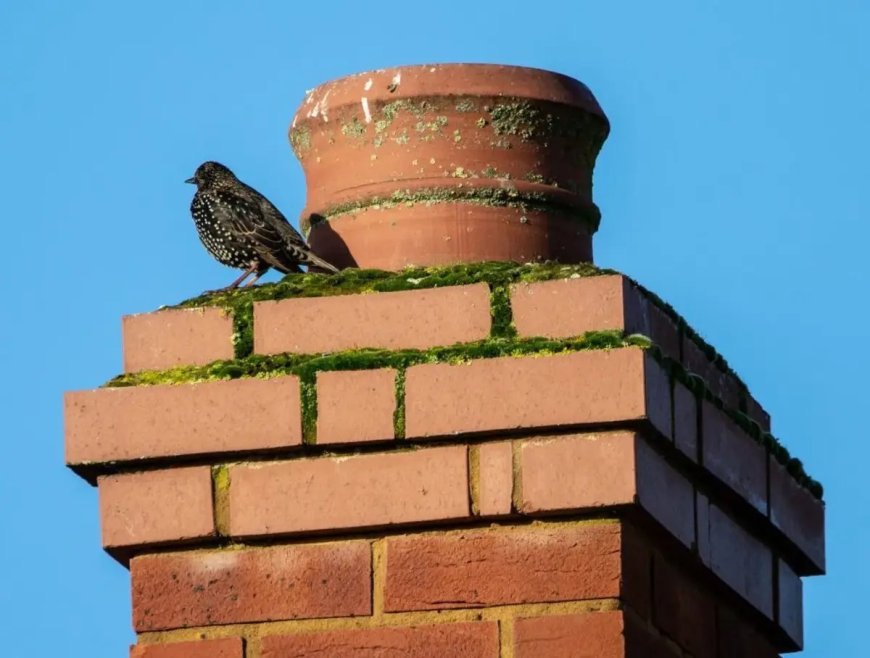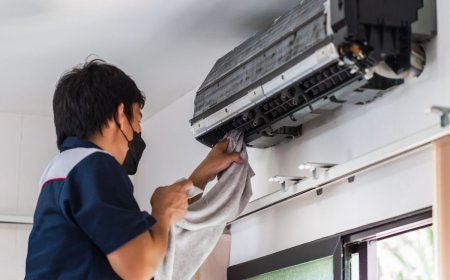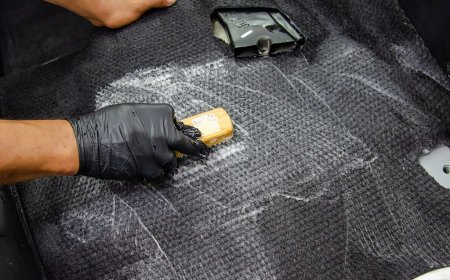What Are the Warning Signs You Need Chimney Animal Removal in Hamilton
Spot noises or smells from your chimney? Learn why Hamilton homeowners need quick chimney animal removal to protect their home and family’s safety.

Let’s be honest—when most people in Hamilton think about their chimney, they picture cozy fires in winter, not squirrels throwing parties or birds building nests up there. But the truth is, your chimney is basically an open door for local wildlife. And once they’re in, they don’t exactly leave a note or pay rent. They just take over.
Now, if you’re sitting in your living room and wondering whether that scratching sound in the walls is your imagination or an actual animal, you’re not alone. It happens more often than you’d think, especially in neighborhoods with trees, parks, or old houses with wide-open chimneys.
So it’s time to call for chimney animal removal in Hamilton. Let’s break it down together, nice and easy, just like I’m chatting with you over coffee at a local café.
Weird Sounds Coming From Your Chimney
Let’s start with the most obvious sign: noises. If your chimney is making sounds that don’t belong there—especially at weird times like dawn or late at night—you should start paying attention.
What kind of sounds? Here’s what people usually notice first:
-
Scratching or scurrying: Think squirrels or rats trying to build a nest.
-
Flapping or fluttering: Birds that accidentally slipped inside and are now trying to find a way out.
-
Chirping or squeaking: Baby birds or little critters that have made themselves way too comfortable.
Here’s the thing: your chimney shouldn’t sound like a wildlife park. If you hear these sounds more than once or twice, it’s a sign that something is living where it shouldn’t.
Strange Smells in the Living Room? That’s Another Clue
Next on the list is something you’ll smell before you see it. Chimney odors can be bad enough from soot and old ash, but animals take that to a whole new level.
When wild animals set up camp in your chimney, they leave behind:
-
Droppings
-
Nesting materials like leaves, straw, and feathers
-
Sometimes even food scraps they dragged in
-
And yes, sometimes they don’t make it out, which leads to… well, you get the picture.
So, if your living room starts smelling musty, rotten, or just “off,” don’t ignore it. Bad smells drifting out of your fireplace often mean something is up there that doesn’t belong.
"If it smells wrong and sounds wrong, it probably is wrong."
Finding Strange Stuff Falling Into Your Fireplace
Ever notice random twigs or pieces of grass in your fireplace? That’s another dead giveaway that someone’s been squatting in your chimney.
Animals love to build nests in chimneys because it’s warm, quiet, and usually dry. But they’re not exactly the best interior decorators. Bits of their nests often break loose and drop right into your home.
Here’s a cheat sheet of things you might spot:
-
Feathers
-
Clumps of fur
-
Small twigs or dry grass
-
Loose bits of dirt
If you keep sweeping up nature from inside your fireplace, don’t just keep cleaning—start investigatingSmoke Acting Strange? That’s a Problem
One of the bigger risks of having animals inside your chimney is that they can block it. And when that happens, you’ve got more than just a furry roommate—you’ve got a safety hazard.
If smoke isn’t going up and out of your chimney like it’s supposed to—or worse, if it’s drifting back into the room—you could have a nest, a trapped animal, or something else clogging the flue.
Here’s why that’s dangerous:
-
Poor ventilation can lead to smoke inhalation.
-
In the worst-case scenario, it can cause carbon monoxide buildup.
-
And obviously, if you start a fire with a nest inside, that’s a recipe for disaster.
If your chimney suddenly starts “acting funny,” don’t light another fire until a pro checks it out.
Quick Guide: Signs You Need Chimney Animal Removal
Here’s a simple table to help you keep track of the warning signs:
| Warning Sign | What It Usually Means |
|---|---|
| Scratching or flapping | Animal trapped or nesting |
| Strange, bad smells | Nesting, droppings, or worse |
| Twigs or debris in fireplace | Animal nests breaking apart |
| Smoke not venting properly | Nest or animal blocking airflow |
FAQs Hamilton Homeowners Ask About Chimney Animals
Q1: What animals usually get into chimneys around Hamilton?
Mostly squirrels, birds, raccoons, and occasionally bats. Hamilton’s trees and green spaces make chimneys the perfect hiding spot.
Q2: Should I try to get the animal out myself?
No way. Wild animals can panic, scratch, or bite if trapped. Plus, many species are protected. It’s safer (and often required by law) to call a professional.
Q3: Can I stop this from happening again?
Yes! Installing a chimney cap is one of the best ways to prevent future visitors. It’s like putting a lid on your chimney but leaving space for smoke to escape.
Q4: What if I ignore it for now?
It only gets worse. Nests can catch fire, animals can die inside, and your chimney might become permanently blocked or damaged.
Conclusion: Keep the Wildlife Outside Where It Belongs
Having wildlife nearby in Hamilton is great—until it’s inside your chimney. If you’ve noticed strange sounds, bad smells, falling debris, or poor fireplace performance, don’t wait for the problem to solve itself. It won’t.
Call a professional chimney animal removal service before that small nuisance turns into a big, expensive headache. And once your chimney’s clean and clear, think about adding a chimney cap to make sure no critters turn your fireplace into their personal condo again.
Protect your home. Protect your family. And keep nature where it belongs—outside.
Read More : Hamilton Chimney Sweep




































































